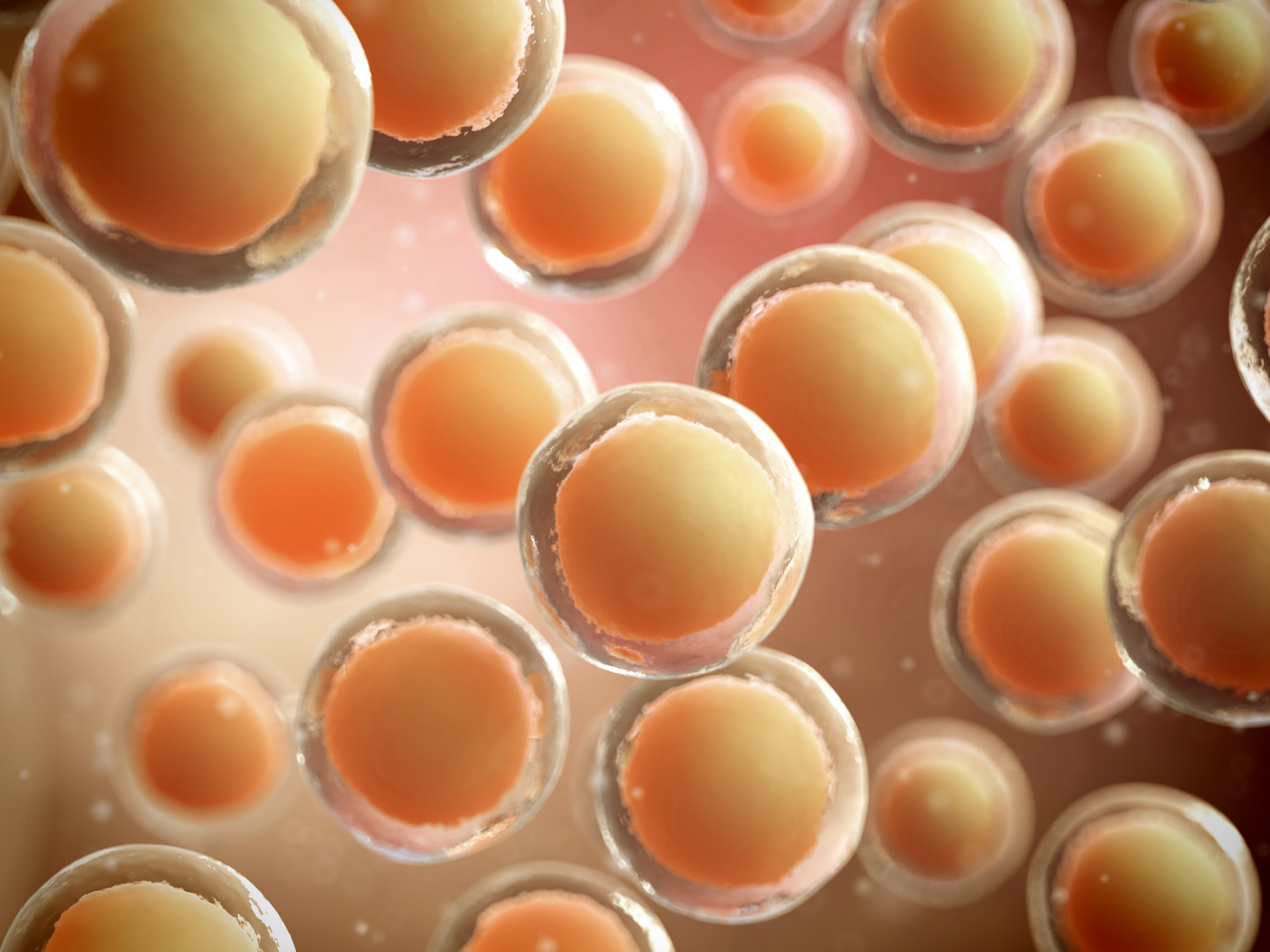Second Parkinson’s Group in Phase 1 Trial Receives ISCO’s Neural Stem Cell Therapy
Written by |

A second group of Parkinson’s patients in a Phase 1 clinical trial have received International Stem Cell Corporation’s neural stem cell therapy.
The main goal of the trial (NCT02452723) at Royal Melbourne Hospital is to see whether ISCO’s stem cell transplants are safe, and patients can tolerate them.
All patients are receiving a specific dose — 30 to 70 million — of the company’s human parthenogenetic neural stem cells (ISC-hpNSC). Researachers are injecting them directly into the striatum and substantia nigra regions of the brain.
Researchers are evaluating safety by measuring the incidence of treatment-related adverse events. An effectiveness measure is how the therapy affects patients’ scores on the Unified Parkinson Disease Rating Scale (UPDRS) after 12 months.
ISCO announced positive interim results from the trial’s first cohort six months after transplant at the Society for Neuroscience’s 47th annual meeting.
Six months after receiving 30 million ISC-hpNSCs, patients in the first trial group showed a 24 percent reduction in their OFF time — a period when levodopa therapy begins to fail and Parkinson’s symptoms return. The therapy extended levodopa’s period of action without dyskinesia — known as ON time — by 19 percent.
All patients improved their mood, with an average increase of 35 % in the Beck Depression Inventory and 33 % in the Parkinson’s Disease Quality of Life Score-39 (PDQ-39). They also improved or retained their cognitive abilities, with an average improvement of 14% in the Cognitive Impairment dimension of the PDQ-39.
They were also able to do better with daily routine activities.
Studies in animal models of the disease showed that ISC-hpNSC was safe and promoted nerve cell regeneration in brain areas treated with the neural stem cells.
“We are pleased to provide an update with the progress of our Parkinson’s disease clinical trial. The completion of the second cohort of patients who received 50 million ISC-hpNSC cells, which represents a biologically active dose in our preclinical studies, is a significant milestone for ISCO. The data from the first cohort of our groundbreaking therapy is already indicating safety and early signals of efficacy,” Russell Kern, ISCO’s executive vice president and chief scientific officer, said in a press release.


